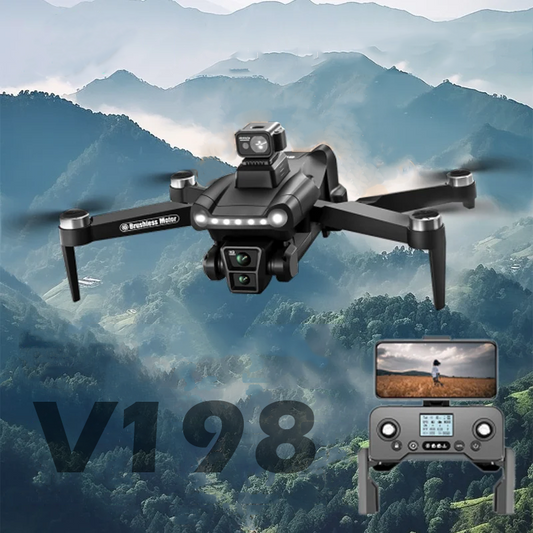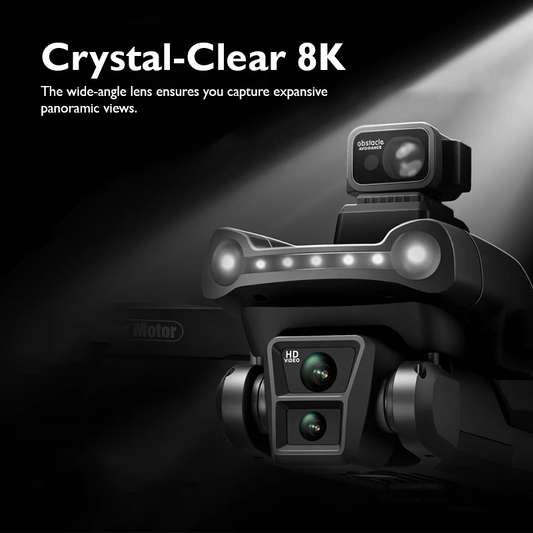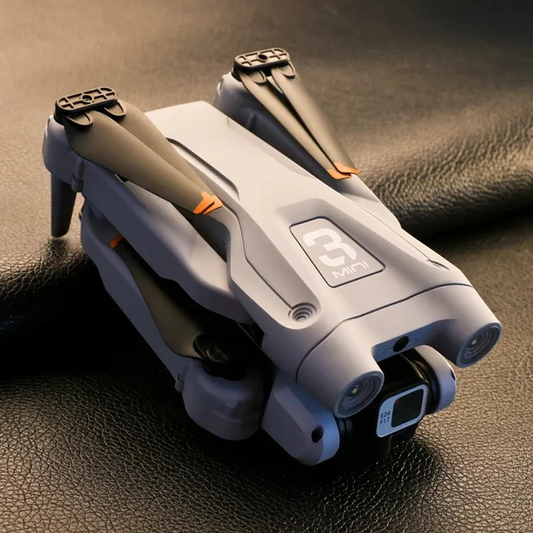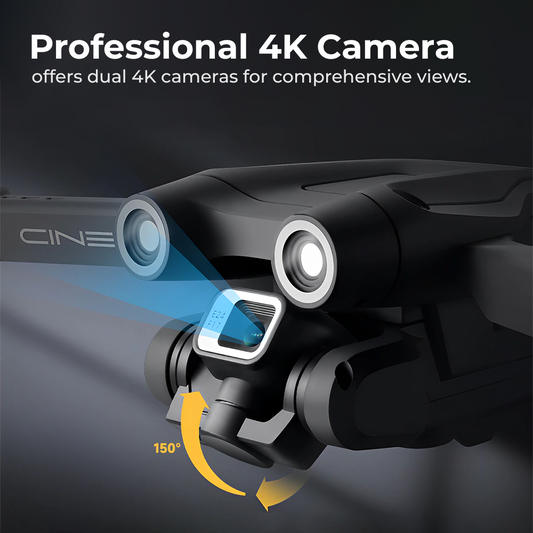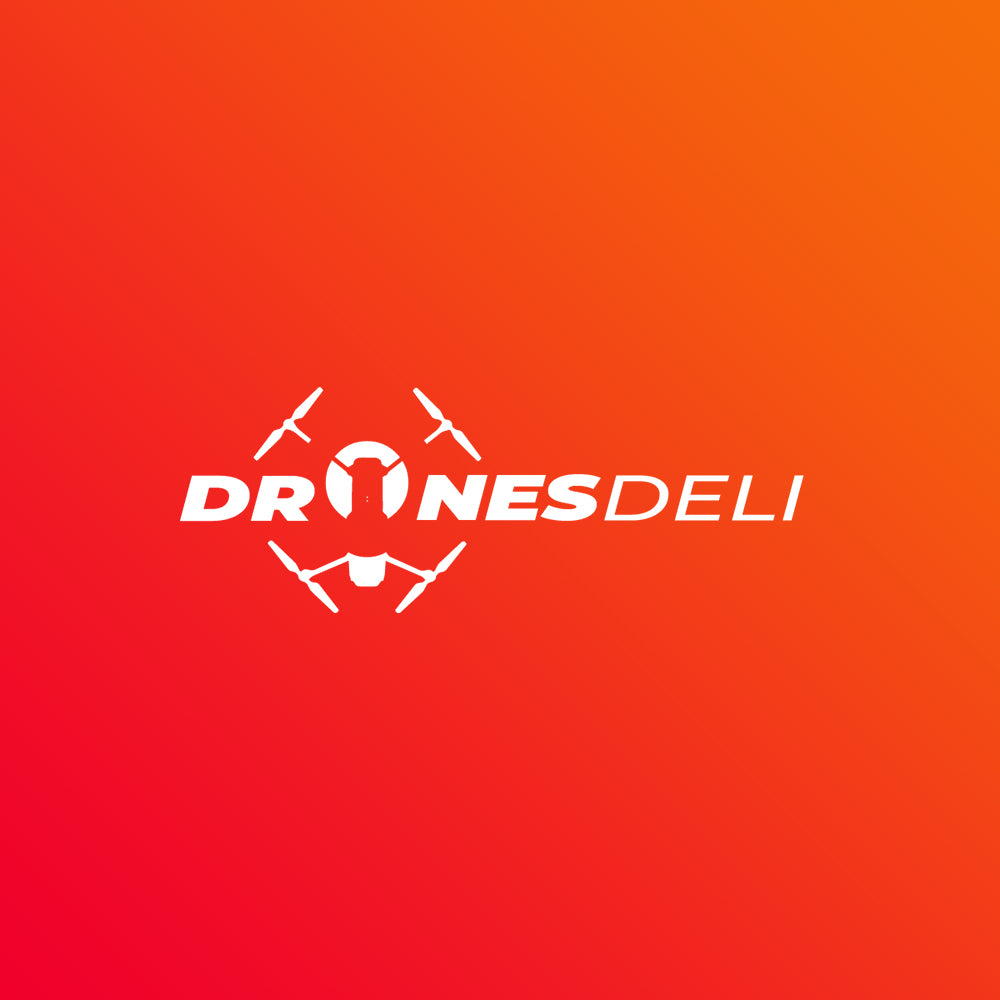Drone Security: Protecting Your Investment

In an era where technology is rapidly advancing, drones have become more than just gadgets for enthusiasts; they are invaluable tools for various industries, from photography and agriculture to surveillance and search and rescue. As drones become increasingly prevalent, the importance of drone security cannot be overstated. In this article, we will explore the significance of protecting your drone investment and discuss practical tips to ensure the safety and security of your unmanned aerial vehicle (UAV).
Why Drone Security Matters

Drones, also known as Unmanned Aerial Vehicles (UAVs), represent a significant financial investment. Whether you use your drone for recreational purposes or for professional applications, such as aerial photography or surveying, the cost of a high-quality drone can range from hundreds to thousands of dollars. Protecting this investment goes beyond the financial aspect; it involves safeguarding the data and privacy associated with drone usage.
Moreover, drones can be vulnerable to various risks, such as theft, damage, or unauthorised access. Ensuring the security of your drone is not just about protecting your monetary investment but also about maintaining the integrity of the information and imagery it captures.
Key Threats to Drone Security

1.Physical Damage:
Drones are susceptible to physical damage, whether it's due to a collision with an obstacle or an accidental crash. Proper maintenance and cautious flying can minimise these risks, but accidents can still happen.
2.Theft:
Drones, especially high-end models, are attractive targets for theft. Their portability makes them easy to carry away, and their resale value on the black market can be enticing for thieves.
3.Unauthorised Access:
As technology advances, so do the capabilities of malicious actors. Unauthorised access to your drone's control signals or its data can compromise your privacy and the security of any sensitive information it may capture.
Protecting Your Drone Investment: Practical Tips

1.Insurance:
Just as you insure your car or home, consider getting insurance for your drone. Drone insurance policies can cover various risks, including accidental damage, theft, and liability. Check with reputable insurance providers to find a policy that suits your needs.
2.Safe Flying Practices:
Adhering to safe flying practices is essential for preventing physical damage to your drone. This includes avoiding flying in adverse weather conditions, maintaining a safe distance from obstacles, and regularly inspecting your drone for any signs of wear or damage.
3.Secure Storage:
When your drone is not in use, store it in a secure location. Invest in a durable and protective case that can shield your drone from physical damage and deter potential thieves. Additionally, consider using a lock or other security measures to enhance the protection of your stored drone.
4.GPS Tracking Devices:

In the unfortunate event of theft, having a GPS tracking device installed on your drone can significantly increase the chances of recovery. Many modern drones come with built-in GPS capabilities, but you can also explore aftermarket tracking devices that can be attached to your UAV.
5.Firmware and Software Updates:
Regularly updating your drone's firmware and software is crucial for maintaining its security. Manufacturers often release updates that address vulnerabilities and improve the overall performance of the drone. Stay informed about updates and ensure your drone is running the latest software.
6.Encryption and Authentication:
Protect the data transmitted by your drone by using encryption and authentication protocols. This ensures that only authorised individuals can access your drone's data and control signals. Most modern drones come equipped with security features, but it's essential to configure them properly.
7.Avoid No-Fly Zones:

Familiarise yourself with local regulations and avoid flying your drone in prohibited or restricted areas. Many drones come equipped with geofencing technology that prevents them from flying into restricted airspace. Respect these boundaries to avoid legal consequences and potential security risks.
8.Network Security:

If your drone relies on a Wi-Fi or cellular connection, secure the network to prevent unauthorised access. Use strong passwords for your drone's control app and any associated accounts. Avoid using public Wi-Fi networks, as they may pose security risks.
As drones continue to soar in popularity and accessibility, ensuring their security is paramount. Protecting your drone investment goes beyond safeguarding a piece of technology; it involves securing the data and privacy associated with its usage. By adopting a proactive approach to drone security, you not only mitigate risks but also contribute to the responsible and ethical use of this transformative technology.
Investing in drone security measures such as insurance, safe flying practices, secure storage, GPS tracking devices, firmware updates, encryption, and network security can significantly reduce the likelihood of financial loss and unauthorised access. As technology evolves, staying informed about the latest security practices and incorporating them into your drone management routine will be crucial in navigating the uncharted skies of the future.
In the dynamic landscape of drone technology, safeguarding your investment ensures that you can continue to explore new horizons, capture breathtaking imagery, and contribute to the positive advancement of this revolutionary field. As you embark on your drone journeys, let security be your steadfast co-pilot, guiding you through the ever-expanding skies with confidence and peace of mind.
Explore a variety of drones at our online drone store.
Happy Flying!





